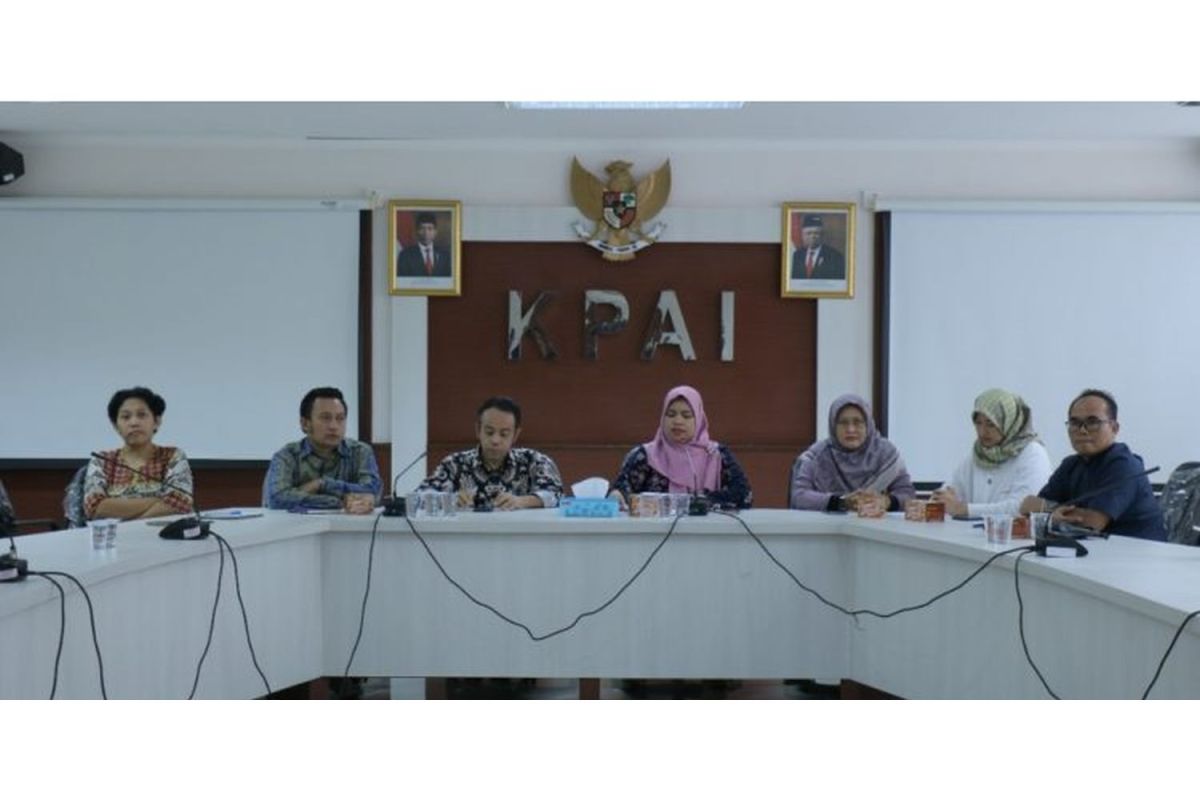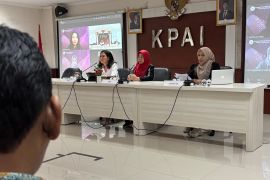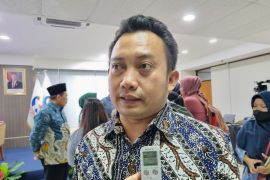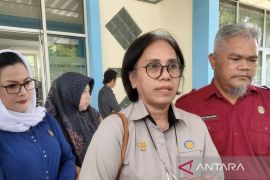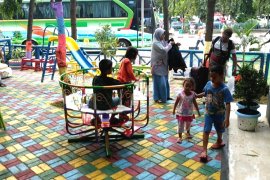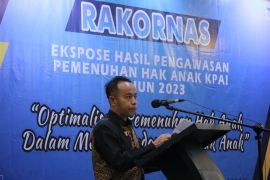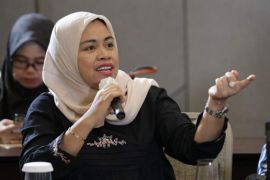“The highest (number of) reports are in the special protection for children (PKA) cluster, namely 2,133 cases. The highest (number of) cases are children becoming victims of sexual crime, reaching 834 cases,” she remarked at the “KPAI's Year-End Report and Supervision Result Note of 2022” event here on Friday.
According to Solihah, the data indicated that Indonesian children are vulnerable to becoming victims of sexual crimes.
Solihah noted that sexual violence can occur in the domestic sphere, in various religious-based educational institutions, and in public.
KPAI recorded that throughout 2022, the highest numbers of reports on sexual violence against children were from Jakarta, reaching 56 cases, and East Java, with 39 cases.
Related news: Committed to optimizing complaint service: KPAI chairperson
Related news: Violence has lasting impact on children, needs to end: KPAI
Meanwhile, for reports in the family environment and alternative care cluster, the reports are dominated by cases of violation of children’s rights.
“Data of reports in the cluster of family environment and alternative care showed there are 1,960 reports. The highest number of reports on children’s rights violation is regarding child victims of problematic parenting or conflicts between parents/families, reaching 479 cases,” she stated.
She said this data showed that the family, which is supposed to become the safest and most comfortable place for children, is often the place where the violation of children’s rights occurred.
On that occasion, Solihah also conveyed that her commission received 502 reports on cases of child victims of physical and psychological violence in 2022.
"Factors behind the occurrence of physical and psychological violence against children include the negative influence of technology and information, environment's permissiveness, social, cultural, and poor quality of care," she remarked.
She further noted that the other factors include family poverty, high unemployment, and living conditions that are not child-friendly.
Related news: Cross-sectoral coordination crucial to prevent child marriage
Related news: Puspayoga highlights need for anti-violence education strategy
Translator: Anita Permata, Raka Adji
Editor: Yuni Arisandy Sinaga
Copyright © ANTARA 2023
